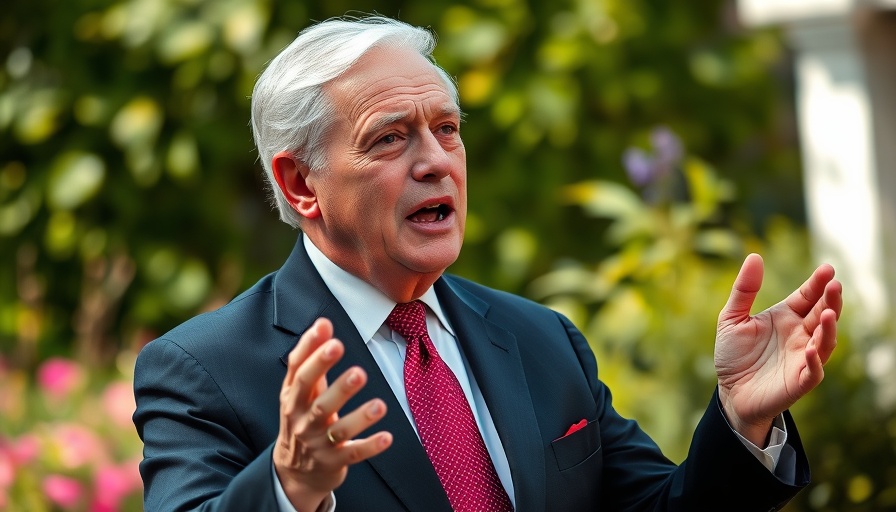
Understanding the Narrative: Tariffs as Tax Cuts?
In a controversial statement, Peter Navarro, Senior Counselor to the President for Trade and Manufacturing, argued that tariffs should be viewed as tax cuts, a claim that immediately raised eyebrows among economists and political commentators alike. Speaking on Fox News, he stated, "When we put tariffs on foreign countries, particularly the ones that depend on us the most, they have to eat the tariffs." This assertion, however, overlooks an essential economic principle: tariffs are generally passed along to consumers, ultimately resulting in increased prices for imported goods.
The Economic Impact of Tariffs on Consumers
The core issue lies in the economic impact of tariffs. FactCheck.org has clarified that tariffs are essentially a tax increase on U.S. importers, who often transfer these additional costs onto consumers. This can disproportionately affect lower-income households, who spend a larger portion of their income on essentials, such as food and clothing. Navarro's claims that tariffs are tax cuts mislead the public and capture a narrative often found in political rhetoric—one that suggests that protectionist measures will shield Americans from economic harm.
The Political Backdrop: “War is Peace”
Navarro’s remarks drew stark comparisons to George Orwell's phrase “War is Peace.” Journalists and commentators swiftly criticized Navarro's logic, with some labeling it as “utter nonsense.” This critique portrays a significant disconnect between political rhetoric and economic realities. The applied emphasis on nationalist trade policies may rally certain political bases, but it can also obscure the practical consequences of these policies for everyday consumers.
Potential Future Trends and Insights
Looking ahead, the implications of Navarro's claims are indicative of a larger trend in U.S. trade policy—one that privileges short-term gains over long-term economic stability. As trade tensions escalate, there remains a risk that the consumer price index will rise further, leading to inflation that could affect essential goods. Moving forward, policymakers need to consider these ramifications carefully and strive for balanced solutions that protect American interests without sacrificing economic welfare.
A Call for Transparency and Accountability
As we navigate these discussions about tariffs and their implications, it's crucial for civil rights and immigration attorneys to understand both the legal and economic context. The rhetoric surrounding tariff policies can have broader implications, particularly regarding labor rights and immigration reform.
Engagement in these discussions is essential; legal professionals can play a significant role in illuminating the legal ramifications of economic policies on marginalized communities.
 Add Row
Add Row 

 Add
Add 


Write A Comment